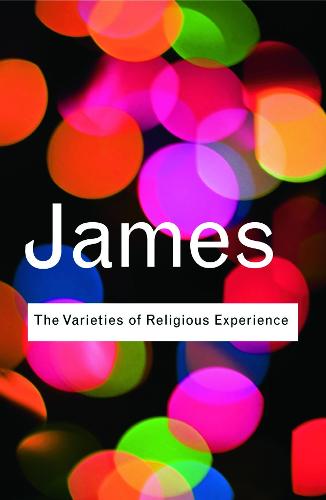This book is a timeless classic that explores human encounters with the divine. It is a significant work by a renowned philosopher and psychologist.
The Sober Curator praises 'The Varieties of Religious Experience' as a timeless classic, highlighting its enduring relevance. They appreciate James's deep exploration of human encounters with the divine, noting his unique perspective as both a philosopher and a psychologist. The reviewer emphasizes the book's significance in understanding religious experiences, making it a must-read for those interested in the subject. They also highlight James's long tenure at Harvard, underscoring his credibility and expertise. Overall, the book is seen as a profound and insightful work that continues to resonate with readers.
Quick quotes
It is a significant exploration of human encounters with the divine.
James was a philosopher and psychologist who had a long tenure at Harvard.
This book is a timeless classic.
